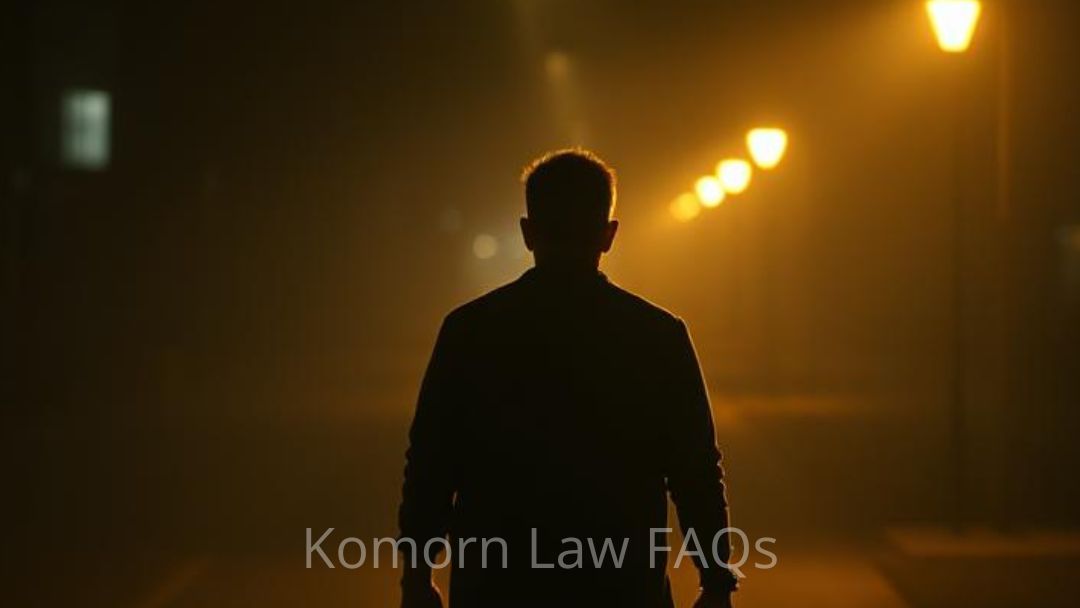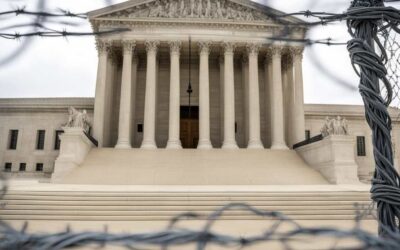Students and 4th Amendment Rights
Students are entitled to a right to be safe from unreasonable searches and seizures even within school premises, as ruled by the Supreme Court of the United States.
However, these rights are somewhat limited for students, allowing school officials to conduct searches based on reasonable suspicion rather than just probable cause.
Reasonable Suspicion – The standard that must be met in order to search a student at school; this criterion was established by in 1985 by the case New Jersey v. T.L.O.
Case Background
In a New Jersey high school, a teacher caught two girls smoking in the bathroom and escorted them to the principal’s office. While one girl confessed to smoking, the other, identified as T.L.O., denied it.
The principal discovered that the girl was also selling marijuana at school when they inspected her purse. T.L.O. confessed to the offense after being brought to the police station.
Based on her confession and the evidence in her purse, the state of New Jersey brought charges against her. In a juvenile court, T.L.O. argued that her Fourth Amendment rights against unreasonable searches and seizures had been violated.
The school was supported by the court, but T.L.O. appealed to the New Jersey Supreme Court, which ultimately deemed the search unreasonable and the evidence inadmissible.
The state of New Jersey appealed the decision to the United States Supreme Court.
US Supreme Court Decision
School administrators are not required to obtain a search warrant or establish probable cause
In 1985, the Supreme Court ruled, by a 6-3 margin, that New Jersey and the school had met a “reasonableness” standard for conducting such searches at school.
School administrators are not required to obtain a search warrant or establish probable cause before conducting searches, as students have a decreased expectation of privacy while on school premises.
Legal Counsel and Your Rights
When facing legal challenges, particularly in criminal cases, it is advisable to seek legal counsel immediately.
An experienced attorney can provide guidance on how to navigate interactions with law enforcement while safeguarding your constitutional rights.
Since 1993 our expert legal defense in navigating criminal law matters and protecting your constitutional rights are what we eat for breakfast everyday.
Contact Komorn Law PLLC if you’re ready to fight and win.
Research us and then call us.
CONSTITUTION OF MICHIGAN OF 1963
§ 11 Searches and seizures.
Sec. 11.
The person, houses, papers, possessions, electronic data, and electronic communications of every person shall be secure from unreasonable searches and seizures. No warrant to search any place or to seize any person or things or to access electronic data or electronic communications shall issue without describing them, nor without probable cause, supported by oath or affirmation.
The provisions of this section shall not be construed to bar from evidence in any criminal proceeding any narcotic drug, firearm, bomb, explosive or any other dangerous weapon, seized by a peace officer outside the curtilage of any dwelling house in this state.
History: Const. 1963, Art. I, § 11, Eff. Jan. 1, 1964 ;– Am. S.J.R. G, approved Nov. 3, 2020, Eff. Dec. 19, 2020
Constitutionality: The last sentence of this section was held invalid as in conflict with US Const, Am IV. Lucas v People, 420 F2d 259 (CA 6, 1970); Caver v Kropp, 306 F Supp 1329 (DC Mich 1969); People v Pennington, 383 Mich 611; 178 NW2d 460 (1970); People v Andrews, 21 Mich App 731; 176 NW2d 460 (1970).
Former Constitution: See Const. 1908, Art. II, § 10.
Recent

Criminal Law FAQs – Drunk and Disorderly
Michigan Criminal Laws FAQs Drunk and DisorderlyAccording to Michigan State Law (Michigan Compiled Laws - MCL), there isn't a specific statute that solely defines "Public Drunkenness" as a statewide criminal offense in the same way some other states might have a...

Criminal Law FAQs – Drinking Alcohol or Smoking Marijuana and Driving
Michigan Criminal Laws FAQs Operating a Motor Vehicle Under The InfluenceWalking is cool... For fun and excercise. Not because you lost your license. Don't do the crime if you can't pay the price. But if you do get charged with a crime. Better Call Komorn to fight for...
Other Articles
Supreme Court Opinion – Created federal agencies need judicial oversight
Summary of the Opinion in Loper Bright Enterprises v. RaimondoIn Loper Bright Enterprises v. Raimondo, the Supreme Court addressed the enduring precedent set by Chevron U.S.A., Inc. v. Natural Resources Defense Council, Inc., which has shaped administrative law for...
Carjacking is a Federal Offense
Carjacking is a Federal OffenseCarjacking, the act of forcibly stealing an occupied vehicle, has long been a concern for public safety. It was a local and state issue until a series of violent incidents in the early 1990s that carjacking became a federal...
SCOTUS: No separate hearing required when police seize cars loaned to drivers accused of drug crimes
SCOTUS: When police seize cars loaned to drivers accused of drug crimes it does not necessitate a separate preliminary hearing.The U.S. Supreme Court has ruled against two women who loaned their cars to others arrested for drug crimes while using the vehicles, leading...
SCOTUS Opinion, SHEETZ v. COUNTY OF EL DORADO, CALIFORNIA
The Constitution provides “no textual justification for saying that the existence or the scope of a State’s power to expropriate private property without just compensation varies according to the branch of government effecting the expropriation.”The case in question...
















